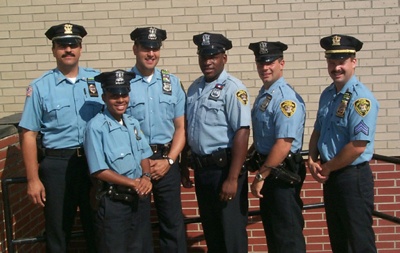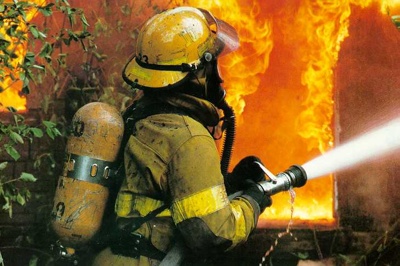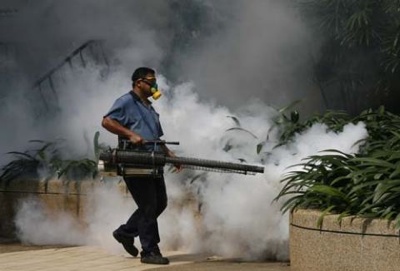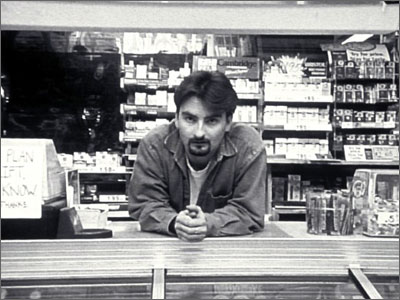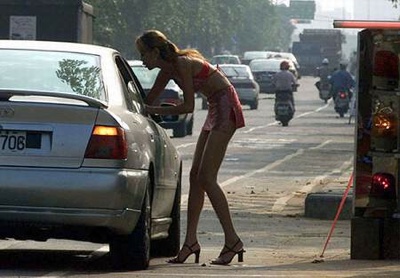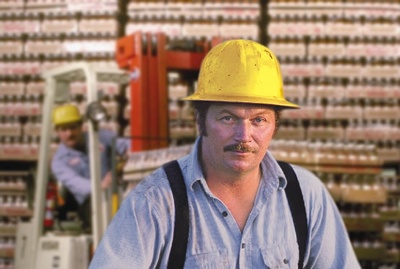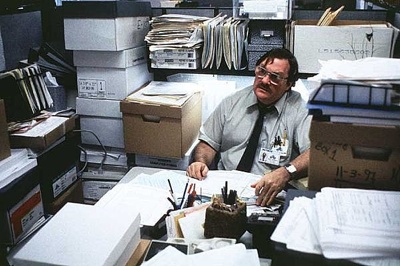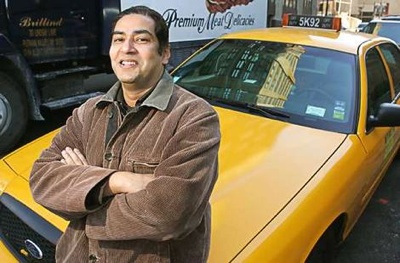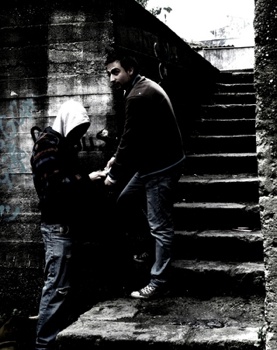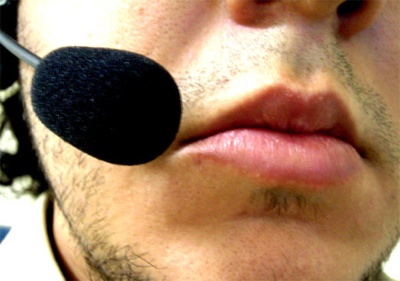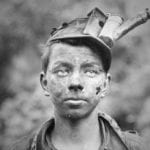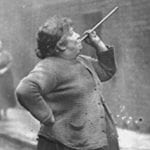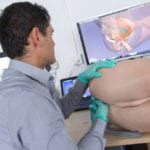Unless you are patrolling Mayberry, you are risking your life every day you start your shift. Most cities have budget constraints that prevent an adequate number of police on the street in the first place. They are often under trained and out gunned in the most dangerous situations. Every traffic stop, domestic dispute call or drug house bust could be their last. Although the benefits are great the pay is only adequate and many officers moonlight doing private security or as bodyguards. Moving through the ranks and becoming a Detective or some other non street level position is usually the best option for a long career.
Arson for profit. Old, abandoned buildings full of homeless people. These are a couple of reasons that that big city fireman have to risk their lives everyday. They have to go in, save lives and put out a fire before it spreads to surrounding buildings. In times of riots (Detroit and Watts in the 1960’s and LA after the Rodney King verdict) they are actually the victims of attack from angry mobs. It is a demanding job not for those weak in mind or body.
If a roach or rat infested house is your idea of fun then this job is for you. For the rest of us, the prospect of going into a stranger’s house that is overrun by disease spreading vermin is a nightmare job. This is such an awful job it even inspired a Stephen King short story!
A job where your life could be lost over a few dollars in the till. Some stores are mom and pop businesses that are family run. Others are large 24 hour conglomerate stores that offer a chance for people to work hours suitable to their lifestyle. Despite closed circuit cameras and even an occasional gun hidden under the counter, many employees are shot even before a demand of money is made.
The world’s oldest profession is alive and well on city streets all across the planet. Besides the risk of being raped, assaulted or even killed, there is always the real chance of catching an STD or AIDS. Since it’s illegal in most states, prostitutes also run the risk of being arrested and jailed.
The $5 a day that Henry Ford offered people to work in his Detroit factories almost 100 years ago was life changing to some families. Many laborers and skilled tradesman jumped at the chance to double their income. Although conditions are safer nowadays and the pay is much more thanks to unions and collective bargaining agreements, the typical factory job is still dirty, hard and tedious.
A long commute to spend an even longer day in a cube. You work just hard enough to keep from getting fired and get paid just enough to keep from quitting.(That’s a quote from Les Brown, the motivational speaker). Most people spend a lot of time surfing the net, exchanging humorous emails or updating their resume. It’s a wonder any business gets done at all!
Most drivers have to put in long hours behind the wheel to make a living. You have to deal with traffic jams and passengers that don’t tip. Sometime passengers are actually out to rob you of the few dollars you have made and will kill you in a heartbeat. This is why some cabbies will not pick up certain fares which of course leads to more controversy.
Crack, weed, meth, etc. They’re available on any street corner for a few dollars a hit. In neighborhoods where drug use is rampant and jobs are scarce, many people choose this fast money option to make some cash to pay the bills. Whether it is the low level, street corner dealer or someone in a “middle management” capacity, the risks are high (prison, rival gangs) and pay is surprisingly low.
They call at dinner time, in the middle of your favorite movie or right when you finally get the baby to sleep. They are pre-scripted, auto call generated denizens of call centers calling to sell us magazines, insurance or to get us to change our long distance service. The truth is most of those people calling us are hard working young people that really are paying their way through college or older people in between “real jobs” trying to keep up with their mortgage payments. They are practically tied to the phone by a headset and breaks and lunches are also tightly monitored.
